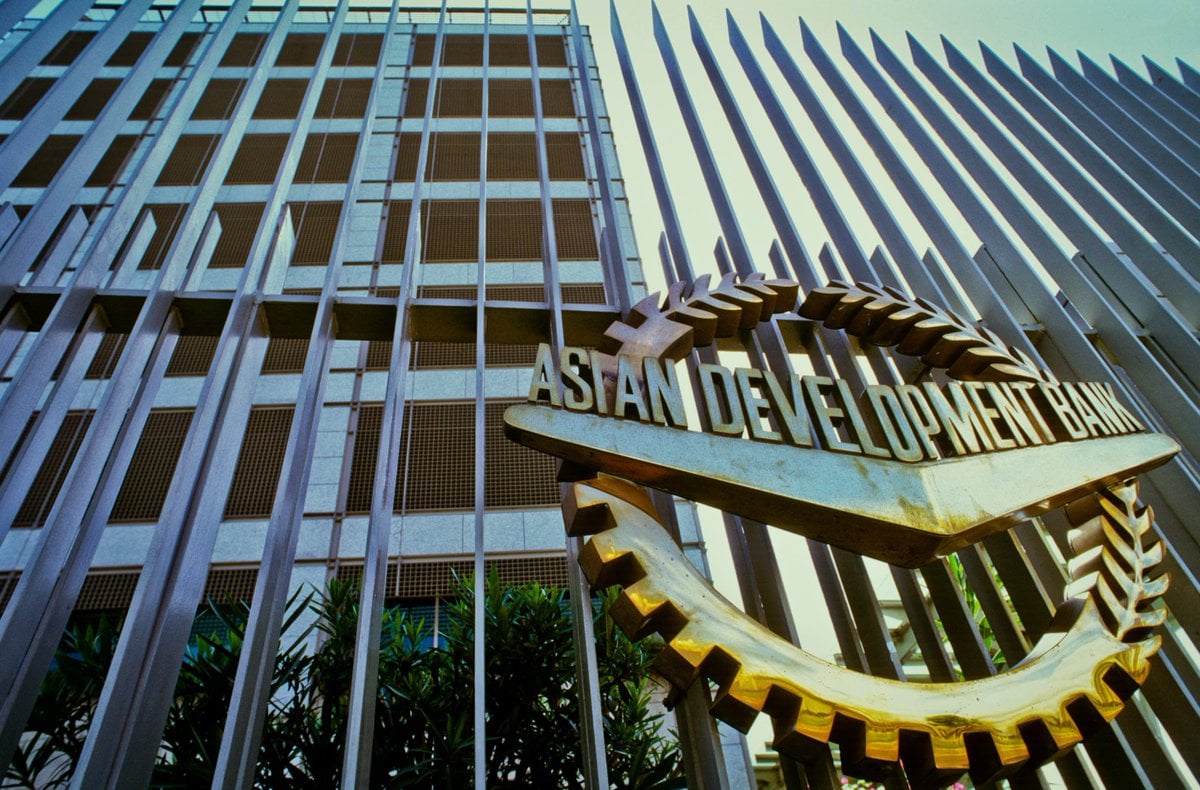The growing strategic partnership between Pakistan and China, Prime Minister Shehbaz Sharif on Tuesday announced a robust set of security measures aimed at ensuring the safety of Chinese nationals working and residing in Pakistan. The decision comes at a critical time when the China-Pakistan Economic Corridor (CPEC) has entered its second phase, evolving from state-led infrastructure projects to a broader business-to-business model that invites private sector engagement from both nations.
Chairing a high-level meeting in Islamabad, Prime Minister Shehbaz Sharif underscored Pakistan’s unwavering commitment to its long-standing friendship with China. “China is a friendly nation with which Pakistan shares historic and brotherly relations,” Sharif remarked. “The safety and security of Chinese nationals is not just a duty, but a top priority for our government.”
This emphasis on security is intended to create a safer, more predictable environment for Chinese workers and investors, particularly as CPEC Phase 2 paves the way for industrial cooperation, agriculture development, and socio-economic upliftment.
The meeting, attended by key cabinet members and senior officials, focused on intensifying existing security protocols. Interior Minister Mohsin Naqvi provided a detailed briefing on the current safety framework, which includes:
• Deployment of security escorts for Chinese workers during travel
• Advanced surveillance systems in Chinese residential and workplace zones
• Increased coordination between federal and provincial law enforcement agencies
• Strengthened intelligence gathering and counterterrorism operations
Naqvi noted that “full coordination has been established between federal and provincial authorities to address terrorism threats and ensure the safety of Chinese citizens.”
One of the major highlights of the meeting was the prime minister’s directive to accelerate the implementation of Safe City projects across major urban centers in Pakistan. These initiatives are designed to enhance surveillance and public safety using state-of-the-art technology including facial recognition cameras, emergency response systems, and integrated command centers.
Shehbaz Sharif noted that these efforts demonstrate Pakistan’s growing capability to meet international security standards and show its seriousness in protecting foreign workers.
The Safe City concept, already operational in cities like Islamabad and Lahore, is now being extended to other key areas where Chinese nationals are present, including Gwadar, Karachi, and several sites in Balochistan where critical CPEC projects are ongoing.
The prime minister also instructed relevant departments to streamline the airport screening and transit procedures for Chinese citizens. In light of rising global and regional security concerns, this measure is aimed at ensuring both efficiency and safety, minimizing delays and inconvenience for incoming Chinese workers and delegations.
This measure aligns with Pakistan’s broader push to create a business-friendly environment that appeals to foreign investors and removes bureaucratic or procedural bottlenecks that may impact productivity and collaboration.
With CPEC shifting toward Phase 2, the focus is now on industrial zones, technology transfer, and joint ventures. The government believes that a secure environment is crucial to sustaining interest from Chinese enterprises and nurturing trust between the two nations’ private sectors.
Prime Minister Sharif said, “With the launch of the second phase, our responsibility to build a secure and business-friendly environment for the Chinese community in Pakistan has become even more critical.”
This renewed commitment is also seen as a way to counter concerns raised by recent security incidents involving Chinese nationals in the region. Several attacks in past years, particularly in Balochistan, have raised alarms and prompted calls from Beijing for enhanced protection of its citizens abroad.
The Pakistani government has been actively working with Chinese diplomatic channels, intelligence agencies, and provincial administrations to coordinate these upgraded security protocols. This includes continuous risk assessments, rapid response strategies, and open lines of communication to address any emerging threats.
Additionally, Islamabad has been engaging in bilateral security dialogues with Beijing to exchange best practices, share intelligence, and foster mutual understanding regarding security priorities under CPEC.
For example, the recent Pak-China Joint Cooperation Committee (JCC) meetings have incorporated specific security agendas into their frameworks. You can read more about CPEC development progress here.




